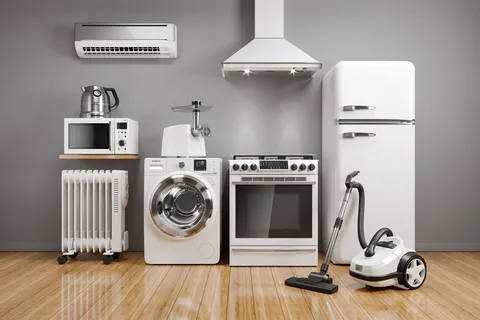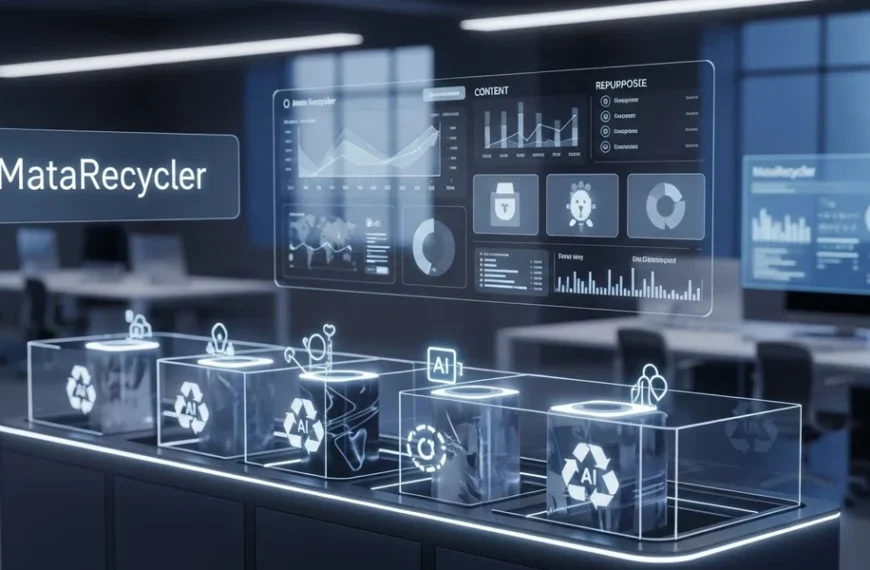Appliances are a part of everyday life in every home. From cooking meals to keeping our spaces warm or cool, these devices make modern living easier. However, they also come with responsibilities. Whether you’re a tenant or a homeowner, understanding basic appliance safety can help prevent accidents, protect your property, and even save lives.
In the UK, there are specific legal responsibilities regarding electrical safety. One important measure is obtaining an EICR Certificate London, which confirms that the electrical installations in a property meet safety standards. But beyond compliance, knowing how to safely use and maintain appliances is equally important.
Understanding the Risks of Unsafe Appliances
Appliances that are poorly installed, badly maintained, or used incorrectly can pose serious hazards. These risks include electrical fires, carbon monoxide leaks, gas explosions, and even electric shocks. While some dangers are immediately noticeable, others might go undetected for years until a serious incident occurs.
Regular checks and proper use are essential. This includes understanding the limitations of each appliance, spotting signs of wear or malfunction, and knowing when professional help is needed.
Safe Use of Electrical Appliances
Electrical appliances are among the most commonly used devices in any home. From kettles and toasters to washing machines and televisions, they require careful attention.
One of the most basic rules is to never overload sockets or extension leads. Plugging too many high-powered devices into a single outlet can cause overheating and fires. It’s also important to use appliances according to the manufacturer’s instructions and avoid using damaged cables or plugs.
Always switch off and unplug devices that are not in use, especially overnight or when leaving the house. This simple habit reduces the risk of fire and saves energy.
Regular Maintenance is Crucial
Just like cars, appliances need regular maintenance to function safely. Dust, grease, and worn-out parts can all cause malfunctions or safety hazards. For example, a tumble dryer with a clogged lint filter can overheat and catch fire. Similarly, a fridge with dirty condenser coils may work inefficiently and overheat.
Cleaning your appliances as recommended and scheduling periodic inspections, especially for larger or more complex devices like boilers or cookers, is a smart and safe practice.
Recognising Warning Signs
Appliances usually give warning signs when something is wrong. These can include unusual noises, overheating, strange smells, sparks, or tripped circuit breakers. If any appliance behaves unexpectedly, stop using it immediately and have it checked by a qualified professional.
Never try to repair electrical appliances yourself unless you’re trained and certified. Improper DIY fixes can make the problem worse and create serious hazards.
Gas Appliances and Carbon Monoxide Safety
Gas appliances such as boilers, cookers, and fires must be treated with special care. Incorrect installation or poor maintenance can result in gas leaks or carbon monoxide poisoning, both of which can be fatal.
Carbon monoxide is a colourless, odourless gas, which makes it difficult to detect without a proper alarm. Every home with gas appliances should have a working carbon monoxide detector installed in the appropriate location. Additionally, it is essential to have gas appliances checked regularly by a Gas Safe registered engineer.
The UK government provides comprehensive guidance on gas safety in rented properties, which is a valuable resource for both landlords and tenants.
Appliance Positioning and Ventilation
Where you place your appliances matters. Items like fridges, freezers, and tumble dryers need good ventilation to work efficiently and safely. Blocking air vents or placing appliances too close to walls or heat sources can lead to overheating.
Water and electricity are a dangerous combination, so avoid placing electrical appliances near sinks, bathtubs, or other water sources. In areas like kitchens and bathrooms, make sure appliances are suitable for those environments and installed by qualified professionals.
Understanding Appliance Labels and Certifications
Most appliances come with labels that provide safety information. These labels might include the CE mark (which shows that the product complies with EU safety standards), energy efficiency ratings, and warnings about proper use.
It’s worth taking a few minutes to read the manual and understand what the symbols mean. Knowing what kind of fuse your appliance uses, how much power it consumes, and any specific handling precautions can help prevent accidents.
Landlord and Tenant Responsibilities
In rented homes, both landlords and tenants have responsibilities when it comes to appliance safety.
Landlords are legally required to ensure that the electrical system is safe and that any supplied appliances are in good working order. This includes providing regular checks and certificates where applicable, such as the EICR Certificate London mentioned earlier.
Tenants, on the other hand, are responsible for using appliances correctly and reporting any faults or concerns promptly. They should also take care of their own appliances and make sure they’re used safely.
Good communication between landlords and tenants is key. If you’re renting, never ignore unusual behaviour in an appliance, even if it’s minor. Reporting it early can prevent serious issues later.
Appliance Safety for Families with Children
If there are children in the home, extra care is needed. Many appliances have hot surfaces, sharp components, or moving parts that can be dangerous for small hands.
Use child proof covers for sockets and keep appliances like irons, kettles, and toasters out of reach. Keep cables tucked away and never leave cooking appliances unattended when in use. Teaching children about the dangers of electrical and gas appliances can also help them stay safe as they grow older.
Disposal and Replacement of Old Appliances
Old or damaged appliances should be replaced rather than repaired if they’re no longer safe. Electrical items that are frayed, sparking, or no longer meeting current safety standards can pose a significant risk.
Proper disposal is also important. Many local councils offer recycling or disposal services for household appliances. Never leave old appliances outside or attempt to dismantle them yourself, as this can be dangerous and is often illegal.
Creating a Safer Home Environment
Appliance safety isn’t just about avoiding disaster — it’s about creating a secure, comfortable home. By being aware of the risks, taking preventative measures, and knowing when to seek expert help, you can significantly reduce the chance of accidents.
Whether you’re a tenant with limited control over the property or a homeowner managing all your own systems, staying informed and proactive is the best strategy. Regular maintenance, safe habits, and prompt attention to problems go a long way in keeping everyone safe. If you want to stay updated with posts like this, please follow us on Every Talkin.






